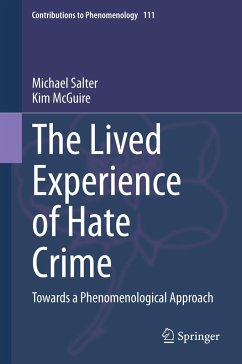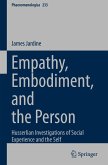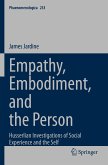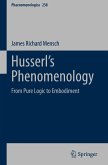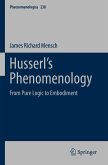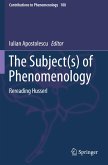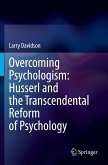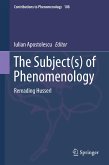This book approaches the topic of the subjective, lived experience of hate crime from the perspective of Husserlian phenomenology. It provides an experientially well-grounded account of how and what is experienced as a hate crime, and what this reveals about ourselves as the continually reconstituted "subject" of such experiences.
The book shows how qualitative social science methods can be better grounded in philosophically informed theory and methodological practices to add greater depth and explanatory power to experiential approaches to social sciences topics. The Authors also highlight several gaps and contradictions within Husserlian analyses of prejudice, which are exposed by attempts to concretely apply this approach to the field of hate crimes.
Coverage includes the difficulties in providing an empathetic understanding of expressions of harmful formsof prejudice underlying hate crimes, including hate speech, arising from our own and others' 'life worlds'. The Authors describe a 'Husserlian-based' view of hate crime as well as a novel interpretation of the value of the comprehensive methodological stages pioneered by Husserl.
The intended readership includes those concerned with discrimination and hate crime, as well as those involved in qualitative research into social topics in general. The broader content level makes this work suitable for undergraduate and postgraduate students, even professionals within law enforcement.
The book shows how qualitative social science methods can be better grounded in philosophically informed theory and methodological practices to add greater depth and explanatory power to experiential approaches to social sciences topics. The Authors also highlight several gaps and contradictions within Husserlian analyses of prejudice, which are exposed by attempts to concretely apply this approach to the field of hate crimes.
Coverage includes the difficulties in providing an empathetic understanding of expressions of harmful formsof prejudice underlying hate crimes, including hate speech, arising from our own and others' 'life worlds'. The Authors describe a 'Husserlian-based' view of hate crime as well as a novel interpretation of the value of the comprehensive methodological stages pioneered by Husserl.
The intended readership includes those concerned with discrimination and hate crime, as well as those involved in qualitative research into social topics in general. The broader content level makes this work suitable for undergraduate and postgraduate students, even professionals within law enforcement.

